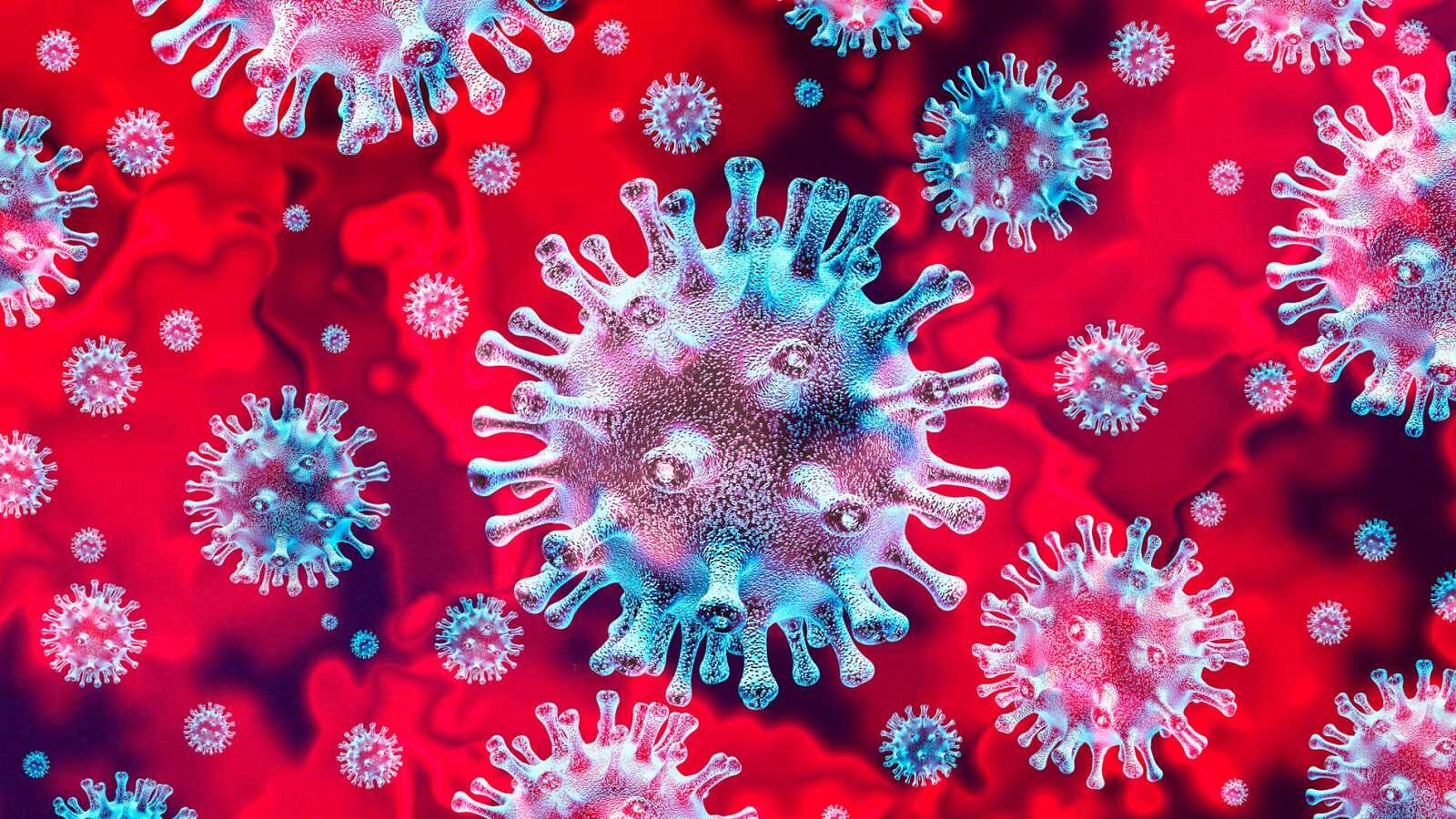Mindfulness in times of coronavirus.
Walk in the park. Cancelled. Dinner with friends. Cancelled. Holidays. Cancelled. Life. Paused. Suddenly, the world stops. At the epicenter, a tiny bug that has led our lives to chaos and that is shaking the very foundations of our society. From the mindfulness point of view, it is important not only to know how to respond to what happens with calm and wisdom, but as a species, we should also try to respond with the same calm and wisdom and see beyond the crisis: what things we can change and how?
COVID-19. A very inclusive bug.
How can mindfulness practice help us on an individual level?
Will this save our lives?
MORE MENTAL RESOURCES:
Mindfulness can open up access to more mental resources necessary to deal with a complicated situation. This is because in moments of difficulty and adversity, fear and confusion push us to what is called focalism: a phenomenon by which our mind focuses on a single event, dismissing everything else that happens in life, and we lose perspective. At the neurological level, what happens is that our limbic system (where emotions and reactions of fight, flight and paralysis are generated in a dangerous situation) takes control and blocks or weakens access to the prefrontal cortex (where they are the reason and logic among other things). This can lead to illogical or irrational behaviours driven by panic, such as buying crazy amounts of toilet paper. In those times, we simply have less access to the mental resources that can most help us make good decisions. It’s pretty clear that toilet paper will not save us from starvation. Studies show that mindfulness meditation practice is directly related to decreased activity in the amygdala, the part of the limbic system where feelings of stress and anxiety are generated, and increased activity in the prefrontal cortex.
BETTER EMOTIONAL MANAGEMENT:
In situations as extreme as the one caused by COVID-19, difficult emotions intensify and can overwhelm us. If maintained over time this can lead to situations of depression and anxiety. When we meditate, we are creating a pause and a space that allows us to calm our minds to begin to see things with more perspective instead of staying in a whirlwind of emotions and thoughts. That pause and that space that we create is the first step to develop emotional intelligence. Mindfulness also helps us to accept the situation in which we find ourselves in, without resistance, being able to live it in the best possible way, thus developing greater resilience.
BETTER STRESS MANAGEMENT:
Finally, it is important to do practices that help us regulate our stress levels. When we feel stressed, our body produces adrenaline and cortisol, hormones that prepare us for an imminent dangerous situation. This is not a problem in itself: once the danger passes, we calm down and both adrenaline and cortisol return to their normal levels. It is when our stress level remains high (for example because the situation that is stressing us is prolonged or because we do not stop thinking about a problem that causes us anxiety) that begins to harm us. Firstly it exhausts us mentally and secondly, a high level of cortisol in our system for long periods of time becomes harmful. It is therefore crucial to practice exercises that help us regulate stress and anxiety levels and prevent them from accumulating throughout the day.
Understanding this shared humanity can be the foundation of change. Those feelings of solidarity, collaboration and unity are intrinsic to our species.
The practice of mindfulness meditation helps us, first of all, to connect with those physical signals that our body sends us when we are getting stressed, and this allows us to take action as soon as possible, instead of when it has already got out of hand. Second, with mindfulness we learn to accept the experience of emotions, thoughts and sensations that stress generates. In this way we begin to change our relationship with stress, taking perspective and preventing it from accumulating.
The most important thing to not let this crisis overwhelm us is to stay proactive and luckily there are many tools and strategies that can help us in this regard. We've compiled the some tools and tips in our free eBook: Well-being in quarentine.
How can mindfulness practice help us on a societal level?
WE STOP:
Despite the tragedy and suffering that the coronavirus is bringing to our lives and the enormous human and economic losses, we have stopped. Literally. As if this was a meditation of all humanity. Maybe this stop was necessary. We always talk about the importance of pausing in order to see what is happening clearly in our lives and thus decide more wisely how to act. If we do this on a personal level, it is also necessary to do it on a collective level. At some point you have to stop to take perspective and evaluate. Unfortunately this stop has been caused by a pandemic, but we hope that it will help us to learn, and perhaps in the future we can make small stops along the way and evaluate how we want this world to improve for everyone.
Solidarity is written in our DNA.
WE OBSERVE:
This break allows us the time and space to see and observe what is happening in our society. The first thing that is obvious is that this life that we lead, the priorities that we have as a society, reflected in the priorities of the politicians that represent us, does not have as solid a basis as we thought. As soon as something that creates an imbalance happens, everything falls apart. The society in which we live is very fragile because it is founded on very fragile foundations.
What this crisis is showing us is that, apart from some exceptions, the general and majority tendency is to help each other, to understand that we are together in this and it does not affect the unfortunate few, it affects us all. Understanding this shared humanity can be the foundation of change. Those feelings of solidarity, collaboration and unity are intrinsic to our species.
"Great occasions do not make heroes or cowards; they simply unveil them to our eyes. Silently and imperceptibly, as we wake or sleep, we grow strong or weak; and at last some crisis shows what we have become."
- Brooke Foss Westcott.
WE EVALUATE:
Maybe this is the time to rethink those priorities, this way of life that is based on foundations that give the greatest importance to the accumulation of money instead of health, collaboration, care for the planet ... and we can see the possibility to function in solidarity as individuals and as countries so that when other crises like the one we are experiencing come (and we are sure, they will come), we will not be dismantled and the consequences will be of the magnitude that this one is bringing.
Chinese characters for crisis: “danger” “opportunity.”
For all this to happen, we have to develop a true intention for change. We have to carry out this change, individually and collectively. What we do at the individual level will have repercussions at the collective level. If we change our priorities in our lives, if we are able to pass them on to new generations, if we develop an awareness of how our behaviours affect others and the planet, if we are able to pressure politicians to make decisions that bring about a profound change ... then we can get something positive out of this crisis.
Let's use this forced pause to be present, to reflect and to make decisions with more wisdom about how we want our post-coronavirus life to be.
JOIN THE KENSHO LIFE
Sign up to our newsletter to receive our latest guided meditations, news and articles.




